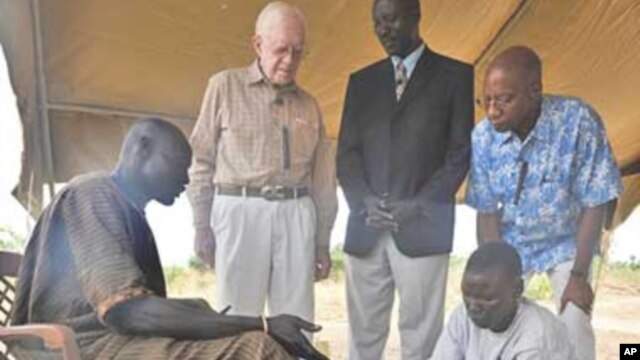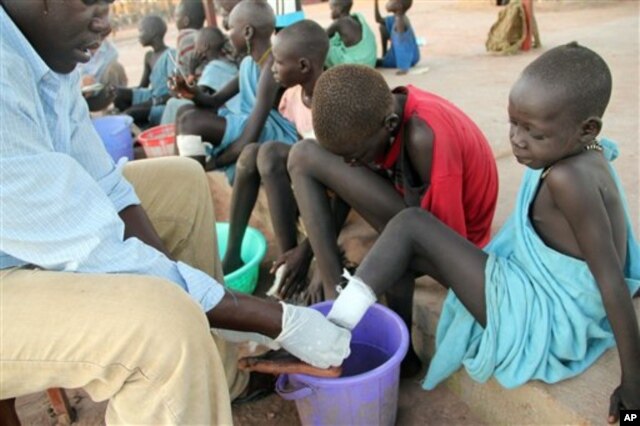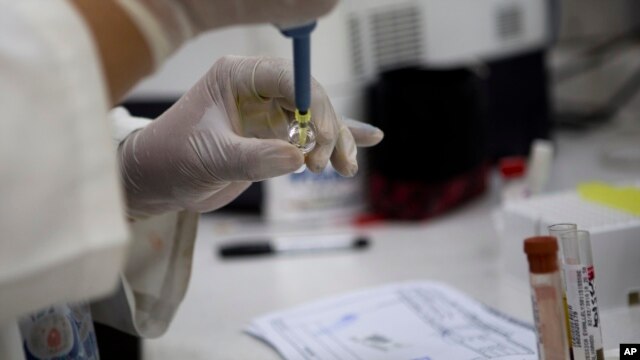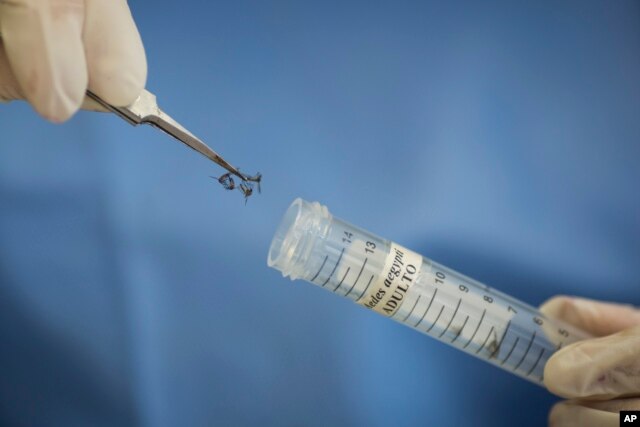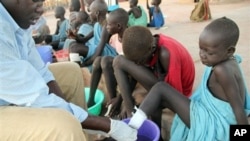Disir
Platinum Member
- Sep 30, 2011
- 28,003
- 9,607
- 910
Only 22 cases of Guinea worm disease were reported worldwide in 2015, an 83 percent reduction from the 126 cases reported in 2014, the greatest single percentage reduction in human cases in the history of the global campaign. These provisional numbers are reported by the ministries of health in remaining endemic countries and compiled by The Carter Center. When the Center began leading the international campaign to eradicate the parasitic disease in 1986, there were an estimated 3.5 million Guinea worm cases occurring annually in Africa and Asia.
"As we get closer to zero, each case takes on increasing importance. Full surveillance must continue in the few remaining endemic nations and neighboring countries until no cases remain to ensure the disease does not return," said former U.S. President Jimmy Carter. "The Carter Center and our partners are committed to seeing that this horrible parasitic disease never afflicts future generations."
As of the end of 2015, there were only 20 endemic Guinea worm villages in four countries — all in Africa, compared to 23,735 villages in 21 countries across two continents in 1991. The 22 indigenous Guinea worm cases were reported in isolated areas of Chad (9), Ethiopia (3), Mali (5), and South Sudan (5).
Carter Center Announces Only 22 People had Guinea Worm Disease in 2015
That could be the second eradicated disease.
"As we get closer to zero, each case takes on increasing importance. Full surveillance must continue in the few remaining endemic nations and neighboring countries until no cases remain to ensure the disease does not return," said former U.S. President Jimmy Carter. "The Carter Center and our partners are committed to seeing that this horrible parasitic disease never afflicts future generations."
As of the end of 2015, there were only 20 endemic Guinea worm villages in four countries — all in Africa, compared to 23,735 villages in 21 countries across two continents in 1991. The 22 indigenous Guinea worm cases were reported in isolated areas of Chad (9), Ethiopia (3), Mali (5), and South Sudan (5).
Carter Center Announces Only 22 People had Guinea Worm Disease in 2015
That could be the second eradicated disease.


